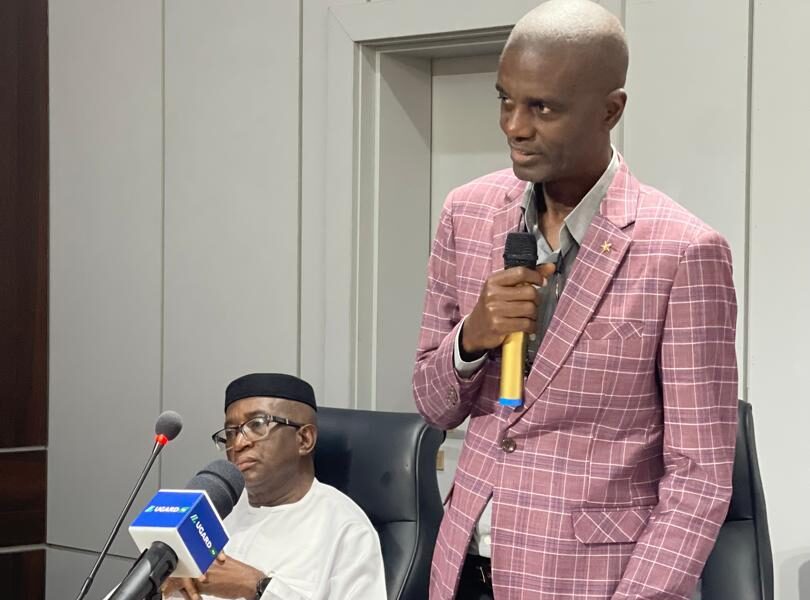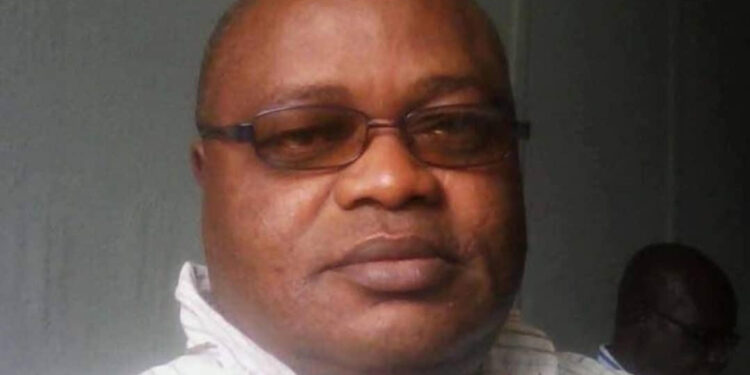By Friday Idachaba, Lokoja.
PROF. Olayemi Akinwumi, Vice Chancellor, Federal University Lokoja (FUL), has charged Media professionals in the country to be constantly abreast of their crucial role of promoting unity in Nigeria rather than dwelling on the diversities.
The Vice Chancellor gave the charge in an interview with newsmen on the sideline of the Grand Finale of the 2024 Press Week organised by Nigeria Union of Journalist (NUJ), Kogi State Council, in Lokoja.

The erudite Professor who was also the Guest Speaker at the occasion delivered a paper titled: “Diversity and the Role Of The Media In Promoting Unity.”
The Professor of History urged that Media content, especially news stories, should be devoid of ethnic and religion biases as the unassuming public consumes Media outputs without proper scrutiny.
According to him, the political class has entrenched ethnicity and religion in the country’s political landscape to manipulate the electorate, saying that the two forces have jointly retarded the growth of the nation.
He urged journalists to ensure their stories are devoid of ethnic and and religious biases, extricate themselves, be aloof and objective in their reports.
“By the time you are putting yourself in the story, you are putting your ethnicity, you are putting your religion and then, you can’t have a balanced story.
“The Media has a great role to play in promoting unity in this state in particular and Nigeria in general. In terms of ethnic composition, Kogi is a diverse state, in terms of religion, it is also diverse.
“So, I encourage the media to please take themselves away from the stories they are presenting take away their ethnicity they are religion they should be a balanced story it is through this effort that we can promote unity in this country”, he said.
On whether ethnicity and religion has positively affected the state since its creation and the state now better than it was at the beginning, Prof. Akinwumi said no adding that politicians only use them to divide the people.
“Even at national level when they sit down to talk, they don’t talk about ethnicity or religion. It hardly comes into their discussions but when it comes to election issue and one of them falls out of the equation, they bring in these issues.
“This is one area that Journalists can assist to promote unity and make the masses, most of whom are not educated, to see things from different perspectives and stop seeing politics as a war or battle between different ethnic groups in the state.
The Vice Chancellor advised government at all levels to base appointment into leadership positions on merit rather than sentiments above other considerations.
He expressed the fear that if government should maintain and continue in the present direction, ethnicity and religious bigotry would continue to fester. (Ends)




